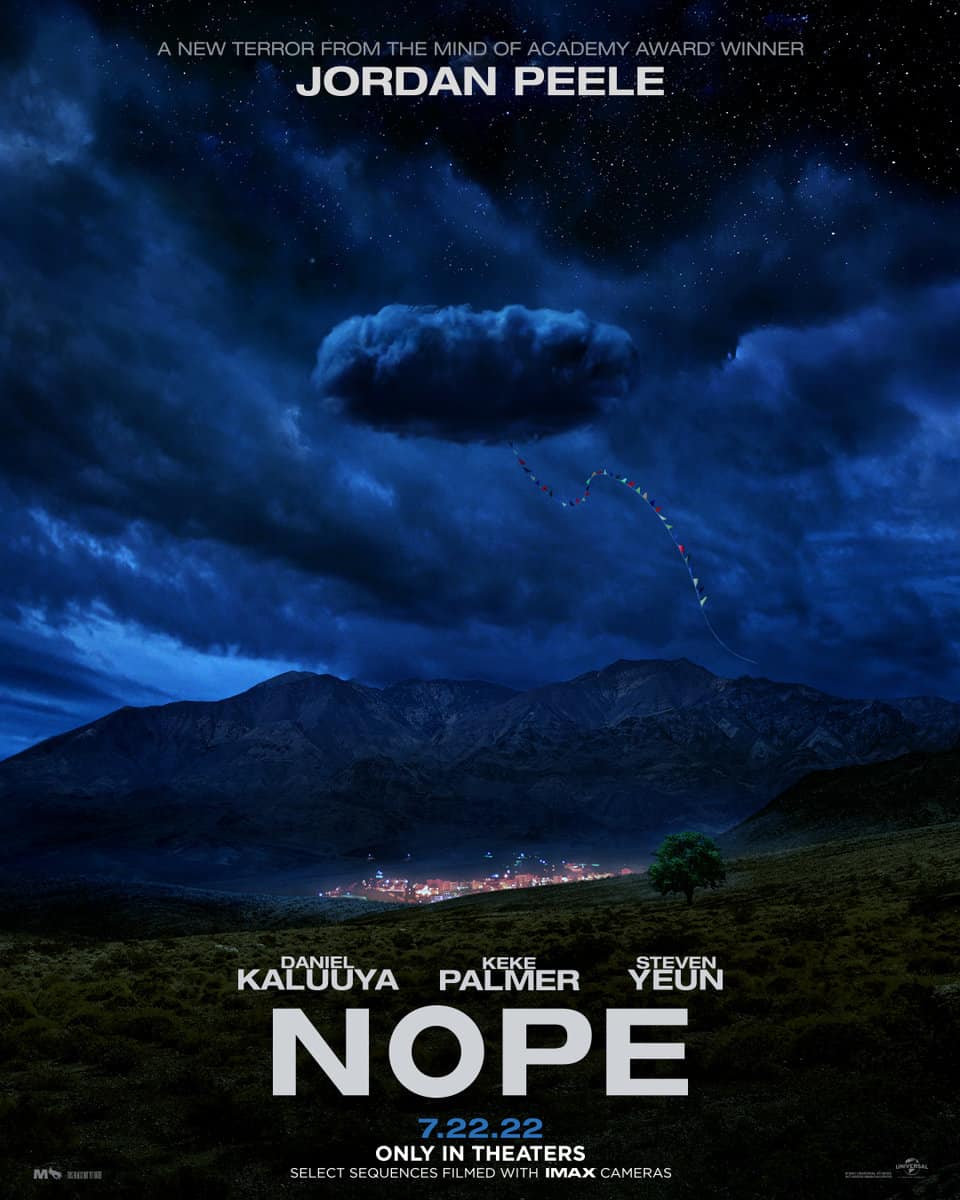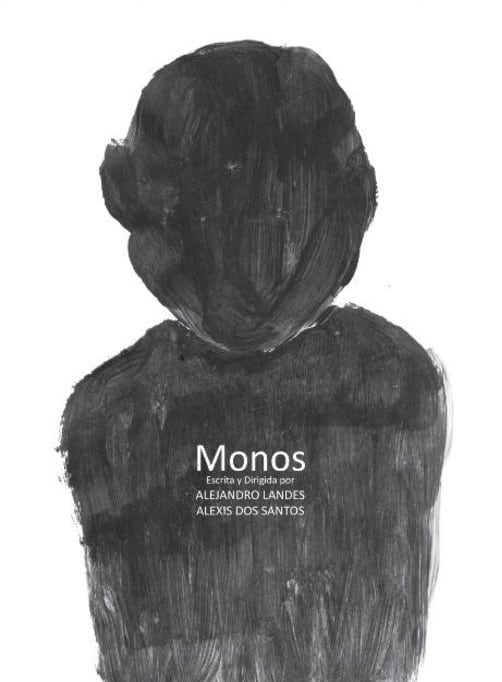
Last month I said that the year had gotten off to a relatively slow start with respect to film music (at least when talking about bigger-budget films). February is a different story. This month sees the release of one of the biggest films of the year, and with it one of the biggest scores of the year: Dune: Part Two. Hans Zimmer of course won the Best Score Oscar for his score to Part One, and is sure to have already cemented his place among the conversation this year as well (not to mention, more importantly, ending up on many peoples’ best-of lists as well). I give a little extra attention to the Dune score, and so only cover two others: together these three scores covers roughly 65,000 years of human history and a vast range of real (and imagined) music genres, and all in about two and a half hours. However, beyond these and a few others February marked a surprisingly quiet month for film scores. I can say, though, with the gift of second sight, that come March breadth of great scores really opens up. But, you’ll have to wait a little bit for that discovery…
Once again there were (as always) too many scores released this month for me to me to cover! Make sure to scroll to the end of this article for a list of even more February scores to check out! Did I miss anything? Well, let me know!
Have a quick read about each of these excellent scores below then give them a listen. Be sure to see what other scores you may have missed by reading past editions of this column or listen below to hear me discuss a few of these and other scores released in January, February, and March:
Happy Palace – Adrian Leung
Often, you’ll see people describe film music as a genre; this is wrong. It’s a medium within which basically any genre of music can exist. This leads to one of my favorite parts about this series: how much different music I get to experience and think about. Adrian Leung’s score for Happy Palace is a perfect example of how broad film music can be and how it can be a constant introduction to the listener of “new” music. Although the score is only about twenty minutes, Leung fills it with genre explorations: Cantopop, Beijing opera, Kauiban (an ancient style of oral storytelling/rapping from Northern China), and more, all transformed into something new, modern, and original. But of course, these aren’t simply gimmicky genre or stylistic choices. Leung distills these elements into a family drama that teeters between optimistic and dour, making us wonder just how happy is this palace?
Out of Darkness – Adam Janota Bzowski
The next score also entails a bit of audio-traveling, but rather than across geography it’s across time: roughly 45,000 years into the past. Adam Janota Bzowski’s score for Out of Darkness is immediately one of the most interesting scores of the year. I have no idea how much we know about the instruments used in the Paleolithic era, but a key to a good historical score is not necessarily being period accurate, but simply convincing the viewer that it could be. And Bzowski is very convincing. Through a bevy of bone flutes and primitive percussion he creates something that taps into our primal fears, making us scared of what’s beyond our campfire, lurking in the darkness.
Dune: Part Two – Hans Zimmer
Did you like the score to Dune: Part One? If so, then you’ll like the score to Dune: Part Two, if not then you won’t. The only difference might be if the bagpipes from Part One made (or ruined) the experience, since they’re all but absent from Part Two. While I’m joking, I’m only kind of joking: ultimately your enjoyment of the first will be a great barometer for your enjoyment of the second.
Hans Zimmer’s score for Dune: Part Two comes in at a hefty 80 minutes. But, unlike a lot of too-long blockbuster score releases, the experience flies by. The sound itself is massive, fitting for the early days of an interstellar war, that builds upon many of the ideas and motifs introduced in the first score (while adding a few new wrinkles as well). And while people love to complain that these aren’t thematic scores, let’s be clear: they are. In fact, the growth of the Paul-Chani love theme is probably the strongest element, adding a lightness and intimacy to the film while its contours also follow Paul’s evolution through the film and the changes in the way that Chani, and the audience, sees him. This will quite likely see Zimmer back on many people’s best-of lists by the year end and see him once more in the awards conversation for Dune.
A Few More Scores
As often happens, there were simply too many great scores released in February to cover, so here are a few more:
- Green Border – Frederic Vercheval
- Vivre avec les loups – Armand Amar
- Aftermath – Gergo Elekes
- Occupied City – Oliver Coates
- Popular Theory – Jordan Seigel
- Accused – Aaron May and David Ridley
- Femme – Adam Janota Bzowski
- Sembrando sueno – Pablo Cervantes
- Your Fat Friend – Tara Creme
- The Tiger’s Apprentice – Steve Jablonsky



